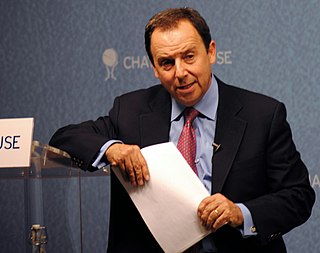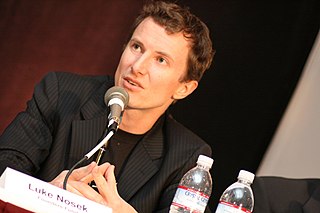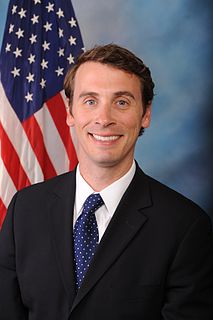A Quote by Aaron Patzer
At Mint, we developed five pending patents on our technology, ranging from categorization to the Ways to Save system that calculates how much a new financial product would save a user given their present financial situation.
Related Quotes
The President [Barack Obama], I think if you look at it from his shoes, you know, was facing a very difficult situation where he had to own Washington, tame New York, save a collapsing economy, with a collapsed financial system. He moved, I think, to a team that he felt was tried and true, in terms of dealing with financial crisis. That was his decision.
If the American government can't stand behind the dollar, the world's benchmark currency, then the global financial system will very likely enter a new era in which there is much less trade and much less economic growth. It would be, by most accounts, the largest self-imposed financial disaster in history.
A salesman called on my wife the other day and tried to sell her a freezer. You'll save a fortune on your food bills, he promised. I can't tell you how much you'll save. It'll be tremendous. Said my wife: I'm sure you're right, but we're already saving a fortune with our new car by not taking the bus. We're saving a fortune with our new washing machine by not sending out the laundry. We're saving a fortune with our new dishwasher by giving up the maid. The plain truth is that right now we just can't afford to save any more!
































